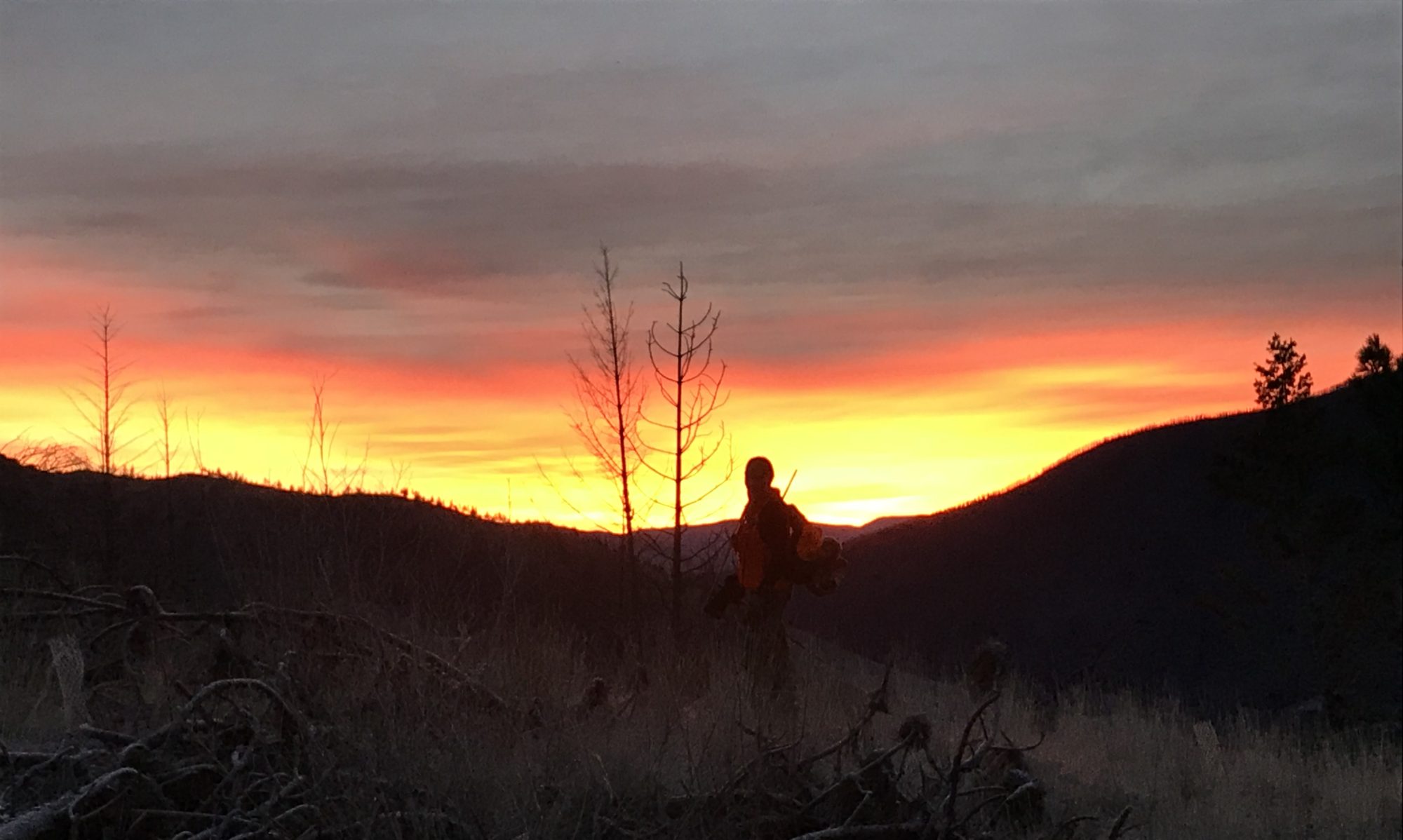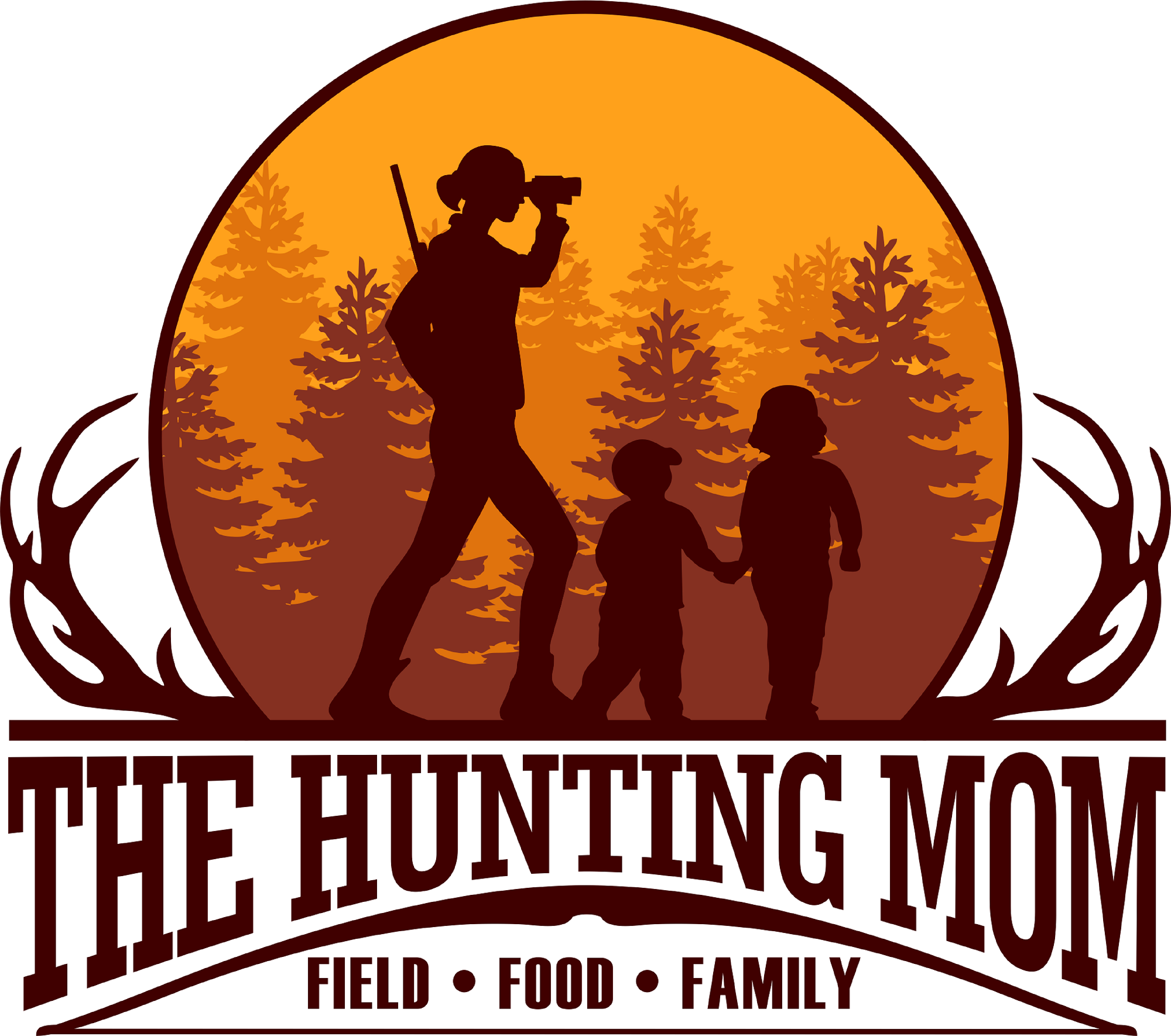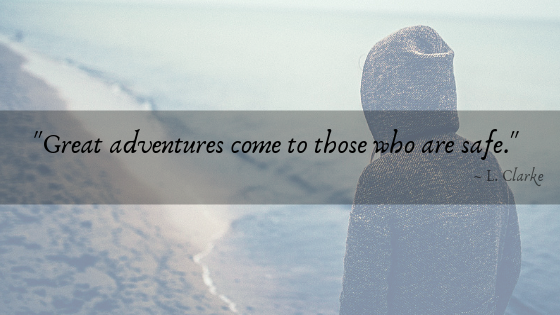Sometimes a little thrill-seeking adventure in the mountains can turn into a life-threatening experience. My family and I were the unfortunate witnesses of this truth on a recent trip to Utah and were reminded of the importance of preparedness when it comes to outdoor safety.
It was a hot day and we’d decided to do a little hiking in the somewhat cooler mountains. We weren’t even a mile up the trail when a young man came flying down on a mountain bike. He hit a patch of gravel and proceeded to fly off of his bike, hitting the ground—and his helmet-less head—hard.
I feared the worst as we rushed to his aid, but he regained consciousness just before we reached him. My brother-in-law, who happens to have EMT training and also happened to have a first aid kit in his backpack, quickly assessed the situation. He donned a pair of gloves and applied QuickClot gauze to the profusely bleeding gash on his forehead, then looked for signs of fractures and internal injuries. We did our best to keep him calm and comfortable while waiting for the ambulance, which arrived about twenty minutes later.
While the hike turned out nothing like we had expected, we were thankful that God placed us on the trail at the exact moment we were needed.
The incident also served as a good reminder that accidents happen, whether or not one is prepared; but preparedness can dramatically change the outcome.
Wherever your adventures take you—whether mountain biking, boating, hunting, or something else—please take the time to ask yourself the following:
-
Is my gear proven and in good working condition? Rifle is clean, bike is tuned, ropes aren’t frayed—you get the picture.
- Am I utilizing appropriate safety gear? In other words, should you be wearing a helmet, life jacket, or harness? Are your clothes appropriate for the current temperature, as well as for possible adverse weather conditions?
-
Do people know where I am and when I’m expected to return? While leaving a map or GPS coordinates and note with specific details is common sense, most people either forget or flat out don’t think to do it.
-
Am I familiar with the basics of outdoor survival? If not, take some time to educate yourself about outdoor safety as it relates to your specific activity (i.e., hunting, fishing, boating, hiking, etc.).
-
Will I be in bear country? If yes, be sure to bring bear spray and know what to do in case of an encounter.
-
Did I pack enough food and water for the amount of time I’ll be away, plus a little extra in case of emergency? I guarantee that you will not be a happy camper if you are are hungry and thirsty. Water filtration tablets are worth packing, too. They’re lightweight and just may come in handy.
-
Do I have the necessary skills, equipment, and physical capabilities to do this? Be honest with yourself.
-
Do I have any means to get help if needed? Will you be in cell range? If not, you may want to look into getting a satellite communicator, such as Garmin inReach. If you do happen to find yourself incapacitated in the mountains and have the ability to power up your cell phone, change your voicemail greeting to let callers know your location and that you need help.
-
Did I pack my first-aid kit, and is it well stocked, up to date, protected from the elements, and tailored to me and any medical conditions I may have? If you have severe allergies, don’t forget the Epi pen; and wear that medical bracelet, if you use one.
-
Do I know how to use everything in my first aid kit? It’s better to read instructions now, rather than when you’re about to pass out or bleed out.
As a hunter and hiker, I think it’s worthwhile to think through possible emergency scenarios: What would you do if you were alone and fell out of a tree stand, cut yourself while skinning a deer, or were caught between a mama bear and her cubs?
I’m not trying to promote anxiety and overthinking with these questions, but rather point out that answering them ahead of time can prevent possible mishaps and lead to more peace of mind in the long run.
Indeed, the mountains, the sky, the water are calling. Go—but be safe while answering that call. Instead of “have fun and be careful,”
Be careful so that you can have fun.
Resources and products:
American Red Cross tips for making your own first aid kit
Garmin inReach Mini Handheld GPS
Top 10 Outdoor Maladies and How to Treat Them
Cabela’s Outfitter First Aid Kit by Adventure Medical
Cabelas Essentials First Aid Kit
You may also like How to Start Hunting
Disclaimer: Purchases made via links in this article help support the running of this site.


